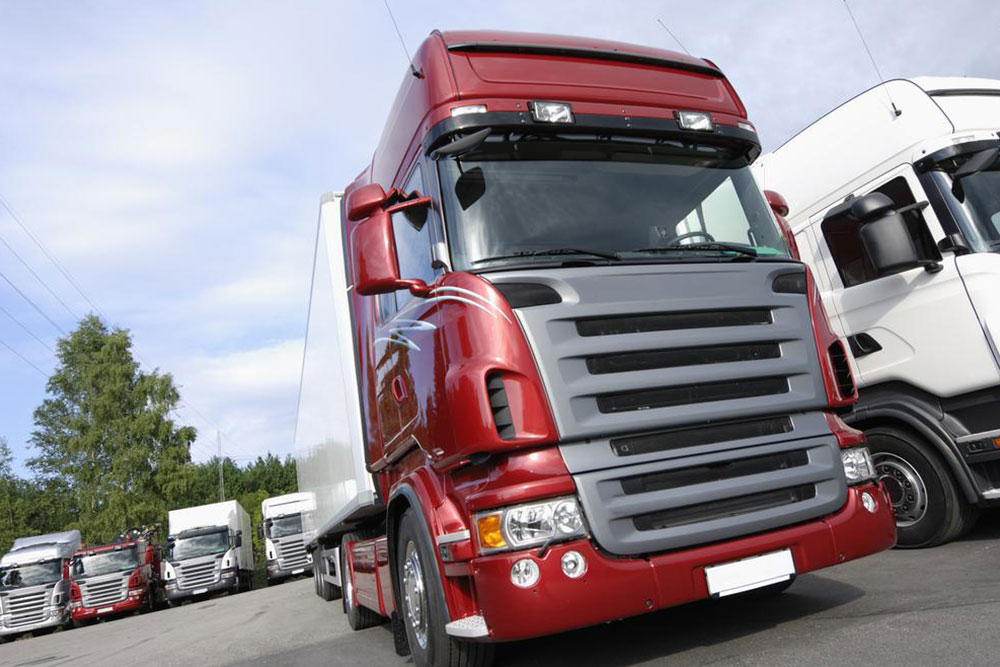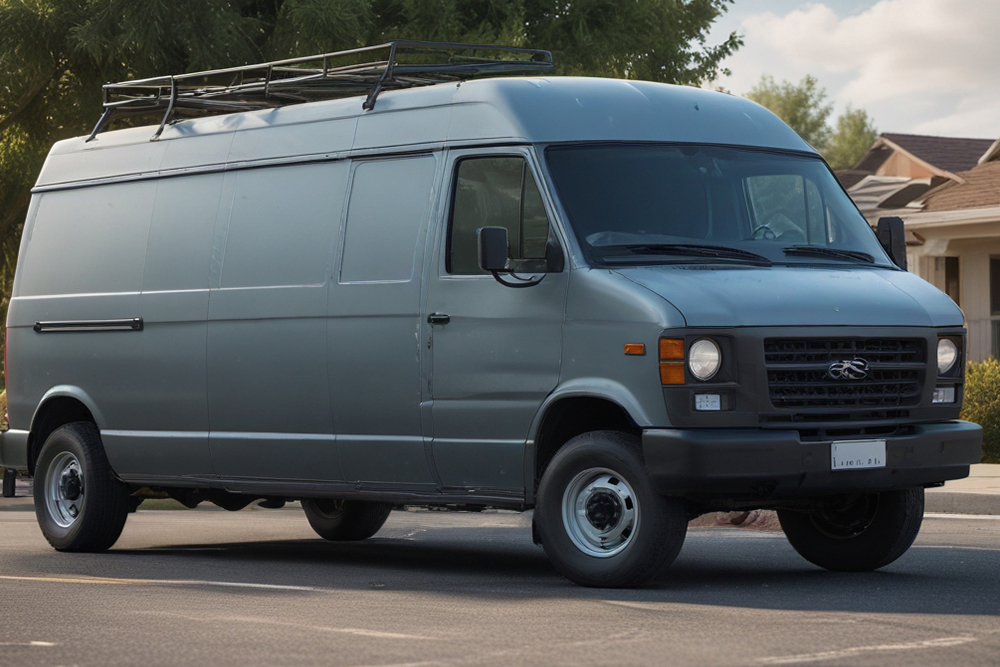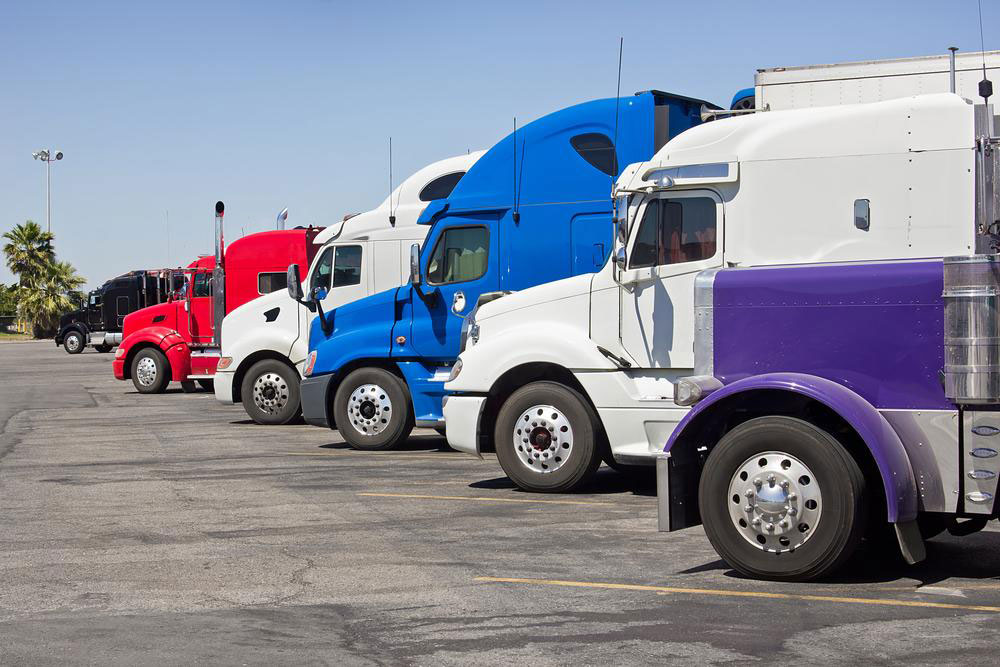Top Reasons to Opt for Truck Leasing Over Purchase
Discover the advantages of leasing trucks over purchasing, including cost savings, flexibility, and maintenance benefits. Leasing can boost profitability and keep your fleet modern without depreciation worries, making it a smart choice for many business owners seeking efficient fleet management.

Top Reasons to Choose Truck Leasing Instead of Buying
Opinions are divided on whether leasing a vehicle is better than purchasing one. Some argue owning provides long-term benefits, while others highlight the advantages of leasing. When it comes to trucks, many fleet owners are shifting towards leasing since it can increase profitability. Leasing offers financial flexibility and reduces some of the burdens associated with ownership. If you're unsure about leasing a truck, consider these key benefits that might influence your decision.
Eliminate hidden costs
Leasing helps avoid the unexpected expenses often associated with purchasing vehicles. It prevents extra costs hidden within purchase prices, ensuring you pay only what is necessary.
Enhance profitability
Leasing trucks for commercial purposes often leads to better financial returns. It allows for lower monthly payments, freeing up capital for other investments.
Lower maintenance expenses
Leasing reduces the burden of maintenance and repairs, which are typically the owner's responsibility over time. During the lease term, these costs are often covered, lowering overall expenses compared to vehicle ownership.
Greater operational flexibility
Leasing trucks for business can be more cost-effective and less restrictive. Unlike rental agreements, leasing often permits longer terms without strict limitations on usage or parking.
No asset depreciation
While purchased trucks depreciate and lower business net worth, leasing avoids this issue. It keeps the vehicle off your balance sheet, preserving organizational value.
Regularly updated fleet
Leasing allows you to replace trucks easily when they age, ensuring your fleet remains current without large replacement costs. This flexibility saves money and keeps operations efficient.










